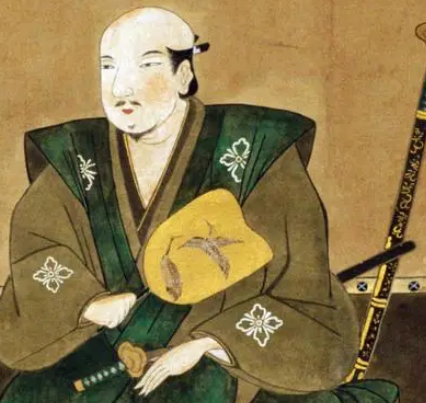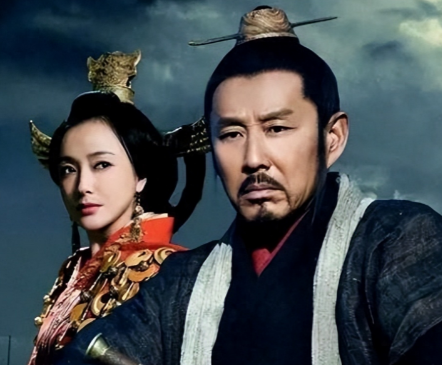Laozi, the great ancient Chinese philosopher and founder of the Taoist school, is deeply impressed by his work "Tao Te Ching" and his image of riding a blue cow out of the customs. His philosophical thoughts have influenced countless people in later generations and become an important part of Chinese traditional culture. This article will briefly introduce Laozi's life, achievements, and contributions to the Taoist school.

I. Laozi's Life
The historical records of Laozi's life are not detailed. It is believed that he lived in the Spring and Autumn and Warring States periods and was a historian of the Zhou Dynasty. There are many theories about his name, including Li Er and Li Dan. However, it is this mysterious historical figure who left a philosophical masterpiece for later generations - "Tao Te Ching".
II. "Tao Te Ching" and Riding a Blue Cow Out of the Customs
"Tao Te Ching" is Laozi's main work and one of the classics of the Taoist school. This work consists of 81 chapters, mainly discussing the core concepts of Tao, De, Wu Wei, and Wu Ming. With its concise words and profound thoughts, "Tao Te Ching" has become a treasure of ancient Chinese philosophy. The story of Laozi riding a blue cow out of the customs comes from Taoist legends. It is believed that after completing "Tao Te Ching", Laozi rode a blue cow out of the capital and came to the Hangu Pass. At the gateway, he left a copy of "Tao Te Ching" and told the guards, "My way is based on nothingness and used for gentleness." Then he rode the blue cow and disappeared into the long river of history.
III. Founder of the Taoist School
As the founder of the Taoist school, Laozi's philosophical thoughts have epoch-making significance. He put forward the concept of "Taoist Nature", emphasizing the need to follow nature and govern without doing anything. At the same time, he also advocated "inner saint and outer king", which is the concept of cultivating one's moral character, regulating the family, governing the country, and pacifying the world. These ideas have had a profound impact on later generations and have become an important part of Chinese traditional culture.
IV. Conclusion
In conclusion, Laozi is a great ancient Chinese philosopher and the founder of the Taoist school. He wrote "Tao Te Ching", and his image of riding a blue cow out of the customs is deeply imprinted in people's hearts. His philosophical thoughts have influenced countless people in later generations and become an important part of Chinese traditional culture. Although there are still many mysteries about Laozi's life, his philosophical achievements and contributions to the Taoist school will always be remembered by later generations.
Disclaimer: The above content is sourced from the internet and the copyright belongs to the original author. If there is any infringement of your original copyright, please inform us and we will delete the relevant content as soon as possible.
































